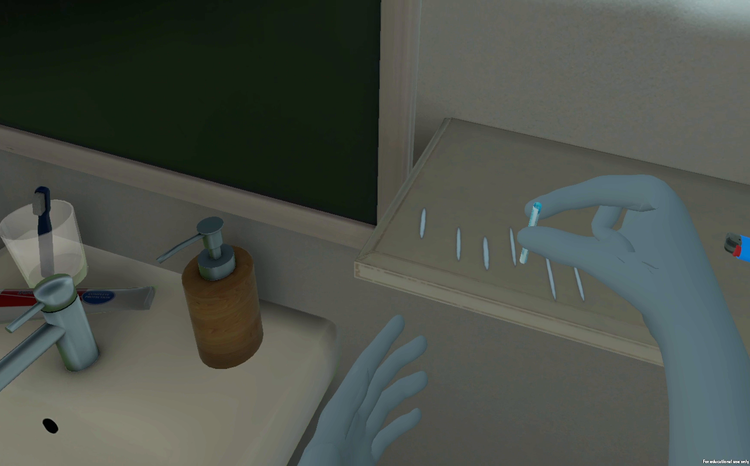DH orders review into junior doctor recruitment system
- 8 March 2007
The Department of Health has announced it has ordered a review into the Medical Training and Application Service (MTAS) following claims that the system is ‘descending into pandemonium’ by the British Medical Association.
As E-Health Insider reported on Friday, the new MTAS website was created by the Department for Health under the new ‘Modernising Medical Careers’ initiative under which junior doctors enter a two year foundation programme before entering specialist training posts.
It is run by Methods Consulting, but according to the BMA "the system for applying to posts has been blighted by technical problems, leaving applicants unsure of their future careers."
In a statement the DH said: “Following discussion with the medical Royal Colleges and the BMA, the Department of Health today announced a review into Round One of Modernising Medical Careers (MMC) recruitment and selection into specialist training, made through the Medical Training and Application Service (MTAS).
“It is clear that there have been a number of problems with MTAS, and that the process as a whole has created a high degree of insecurity amongst applicants and, indeed, more widely in the profession.”
There are 30,000 junior doctors chasing 22,000 specialist posts, leading to fears many will move abroad or go into private practice. Many were unable to find out whether or not they had been shortlisted when the website crashed on the decision day.
Dr Jo Hilborne, chairman of the BMA Junior Doctors Committee, said: “The government has finally been forced to address the appalling problems with this system. We have been warning since last summer that these reforms were being rushed through too quickly. From the point of view of the thousands of doctors who’ve been messed around, given incorrect information, or denied job opportunities that they deserved, it’s a shame the government didn’t listen then.”
The review will be led by Professor Neil Douglas, Vice President of the Academy of Medical Royal Colleges and President of the Royal College of Physicians of Edinburgh.
The review will be completed by the end of March, so that any changes can be made in time for the second round of recruiting, which begins on 28 April 2007.
The DH added: “Recruitment into specialist training is, and has always been a very competitive process. Any doctors who were not granted an interview in the first round of recruitment will have the opportunity to apply for the second round. A large number of jobs will not be filled in the first round. We have stressed to those interviewing in round one that they should not appoint unless they are absolutely satisfied with the calibre of candidates.”
However the BMA feels that this review is too little, too late. Dr Hilborne added: “Not only is this response, too late, it also does not go far enough. While we welcome a review, the only fair solution now is for the interview process to be suspended until it can be clearly shown that no doctor has been disadvantaged as a result of the government’s mistakes.
“We are disappointed that the government has not invited a BMA representative to sit on the review panel, given that despite all the problems we have always tried to work constructively with them to make this process work.”
Health minister, Lord Hunt, told BBC Radio: “Many interviews are taking place at the moment. This new system came about because medical bodies and doctors wanted to change the old system, which was very patchy, not providing the kind of training that our specialist doctors require.”
Links
MTAS – www.mtas.nhs.uk
Methods Consulting – www.methods.co.uk
BMA – www.bma.com




